The trial of Hadi Matar, the 27-year-old man accused of attempting to murder renowned author Salman Rushdie, began with gripping and disturbing revelations about the brutal attack that nearly took the life of the celebrated novelist. In a courtroom filled with tension, District Attorney Jason Schmidt laid out the details of the 2022 assault, describing the shock and horror experienced by Rushdie, who was left so stunned by the attack that he didn’t attempt to fight back. This revelation occurred during the opening statements of the trial in Mayville, New York, where Matar is charged with attempted murder and assault.
On the fateful day in August 2022, Rushdie was seated on stage at the Chautauqua Institution, a prestigious arts and academic retreat in western New York, about to deliver a lecture on the topic of protecting writers. As he sat in an armchair, a masked Matar surged onto the stage and attacked him without warning. Schmidt recounted how Matar, after ascending the stairs to the stage, swiftly approached Rushdie and began stabbing him repeatedly with a knife. The assault was so fast and unexpected that both Rushdie and his fellow speaker, Henry Reese, who was seated beside him, were paralyzed with shock. They remained seated in disbelief as Matar plunged the knife into Rushdie’s body.
Schmidt told the jury that Matar’s attack was deliberate and relentless. He described how Matar “forcefully and efficiently” plunged the knife into Rushdie’s head, throat, abdomen, and thigh, and even into the author’s hand as he raised it in a futile attempt to protect himself. The prosecutor emphasized the speed of the assault, noting that it happened so quickly that even the victim and his companion failed to comprehend the gravity of the situation at first.
It wasn’t until Rushdie was able to break free from his stupor and run away that the attacker was subdued by the crowd. Reese, who was also injured in the attack, sustained a gash above his eye but managed to survive the ordeal.
One of the first witnesses to testify, Jordan Steves, a media relations coordinator at Chautauqua, described how he ran onto the stage to help Rushdie. Steves, who had witnessed the violence unfolding, rushed to the scene and physically intervened, using his body to disrupt Matar’s attack. Steves was able to identify Matar as the attacker, further solidifying the case against him.
Matar, who hails from Fairview, New Jersey, has pleaded not guilty to the charges of attempted murder and assault. As he sat in the courtroom, he maintained a calm demeanor, occasionally laughing and smiling while interacting with his attorneys. At one point, he even shouted “Free Palestine” as he was led into court, which drew further attention to the political motivations that may have driven his actions. Schmidt, the prosecutor, dismissed any notion of a mistaken identity, asserting that Matar was the unequivocal assailant and that he had attacked Rushdie without provocation.
The attack on Rushdie was particularly shocking because of the author’s long history of being targeted by extremists. The fatwa, issued by Iran’s Ayatollah Ruhollah Khomeini in 1989, had put a bounty on Rushdie’s head after the publication of his novel The Satanic Verses, which was deemed blasphemous by many Muslims. For years, Rushdie lived under constant threat, going into hiding and living with heightened security. However, after the fatwa’s official rescindment by Iran in the late 1990s, Rushdie gradually began to move about more freely.
Despite the lifting of the fatwa, the specter of violence continued to haunt Rushdie. The 2022 attack, which left Rushdie seriously wounded and blind in one eye, was a stark reminder of the ongoing dangers he faced because of his writing.
In his memoir Knife: Meditations After an Attempted Murder, Rushdie recounted the horrors of the attack and the long recovery that followed. The book chronicles not only his physical and emotional recovery but also the broader implications of the attempted murder on his life and his work.
During the trial, Matar’s defense attorney, Nathaniel Barone, faced a series of challenges, including a sudden hospitalization that kept him from attending the trial’s opening. Despite this, Assistant Public Defender Lynn Schaffer took over Barone’s duties and attempted to argue that the prosecution had not proven Matar’s guilt beyond a reasonable doubt. Schaffer acknowledged that the attack was undoubtedly horrific but suggested that the evidence provided by the prosecution, including video footage and witness testimony, was not enough to fully prove Matar’s intent and motivations.
Schaffer reminded jurors that they had only learned a limited amount about why Matar had committed the attack, suggesting that the prosecution’s portrayal of the events as straightforward was overly simplistic. She stressed that the case was not just about what happened but why it happened—a crucial element that the prosecution had yet to fully address.
As the trial continues, the key issue at hand will be not only proving Matar’s direct involvement in the attack but also determining whether his motivations were politically or ideologically driven. Investigators have revealed that Matar was influenced by the fatwa that had been issued against Rushdie, and federal authorities have indicated that they will pursue separate terrorism charges related to the case. According to a federal indictment, Matar is believed to have been motivated by a terrorist organization’s endorsement of the fatwa, with particular reference to Hezbollah, a Lebanon-based militant group.
Matar’s legal troubles extend beyond the state charges; he also faces federal charges of terrorism-related crimes, including providing material support to a terrorist organization. His federal trial, which will be held separately in Buffalo, will further explore the international implications of his actions.
As the 36th anniversary of the fatwa approaches, the case has become a symbol of the continued risks faced by authors and intellectuals who challenge conventional ideologies through their work. Rushdie’s writing has always been controversial, and the attack on him in 2022 only underscores the dangers that writers and thinkers face in an increasingly polarized world.
The trial, which is expected to last up to two weeks, will likely continue to draw significant public attention as the details of the attack unfold. The outcome of the trial may have far-reaching implications not only for the legal system but also for the broader conversation surrounding free speech, religious intolerance, and the role of terrorism in shaping the lives of writers. As Rushdie continues to recover, his resolve to continue writing remains unshaken, and his participation in this trial marks a crucial step in the pursuit of justice for himself and others who face violence for their words.
This trial is not only a quest for justice for Salman Rushdie but also a reflection of the larger struggle between freedom of expression and the forces that seek to silence dissent.
Disclaimer – Our editorial team has thoroughly fact-checked this article to ensure its accuracy and eliminate any potential misinformation. We are dedicated to upholding the highest standards of integrity in our content.

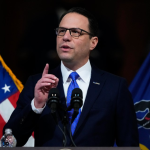

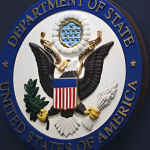








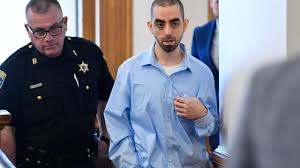



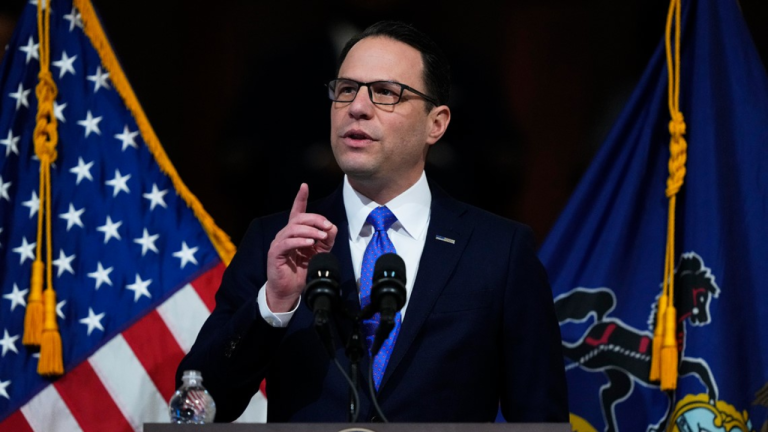
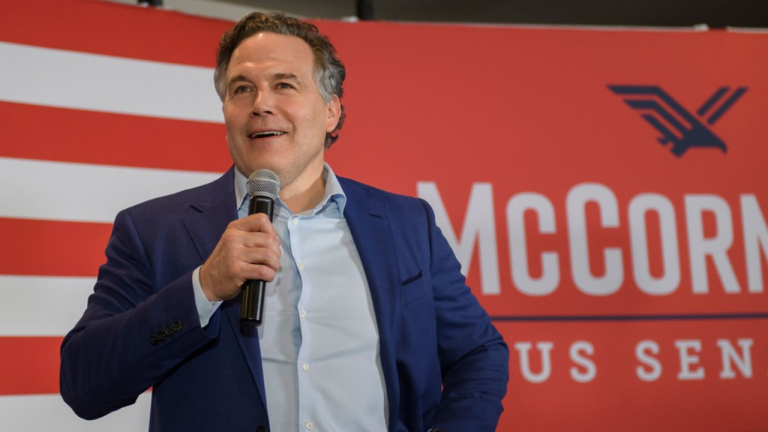
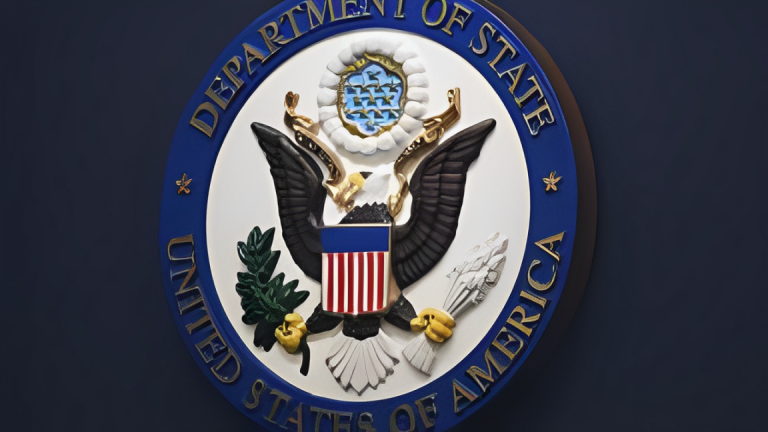


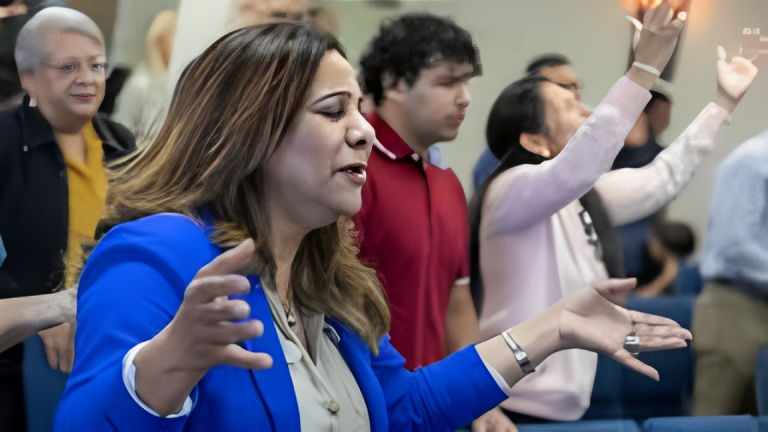





+ There are no comments
Add yours